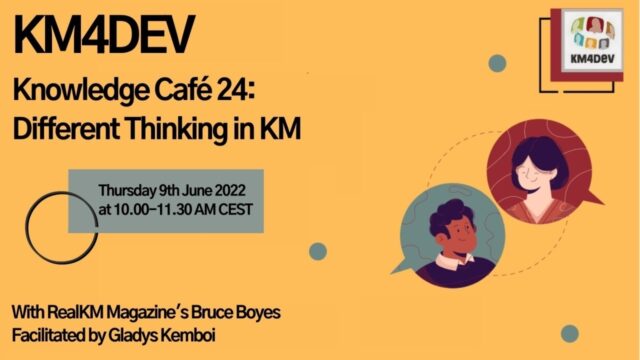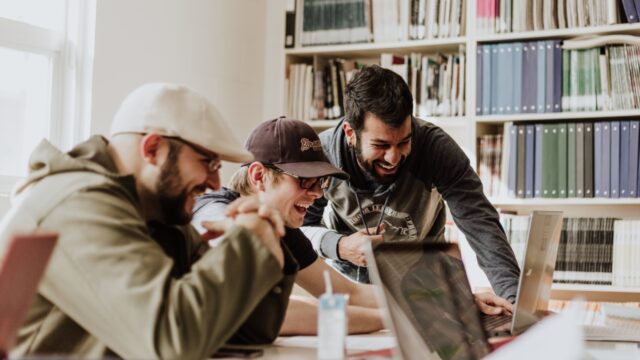
How to better deal with uncertainty
Originally posted on The Horizons Tracker.
Uncertainty can be something most of us do our best to avoid. It can cause us a great deal of stress and fear. Indeed, the considerable uncertainty caused by both the Covid pandemic and the war in Ukraine has widely been linked with a significant increase in stress.
Research1 earlier this year from Cambridge University highlights how uncertainty can diminish our decision-making. The authors explain that we tend to deploy one of two strategies when we encounter uncertainty. The first of these is exploitation and involves us tending to favor options that are both more familiar and more certain of providing us with a reward.
The second approach is exploration, which relies instead on selecting more uncertain choices. It has often been argued that when we face uncertainty, it’s best to try and alternate between these two approaches.
Uncertainty first aid
Husband and wife team Nathan and Susannah Harmon Furr remind us that uncertainty doesn’t have to be viewed negatively. Indeed, in The Upside of Uncertainty2, they highlight how uncertainty is often central to change and innovation, and it’s largely impossible to achieve our dreams without tackling uncertainty.
The pair propose what they refer to as the “uncertainty first aid cross”, which groups a range of tools and approaches for dealing with uncertainty into four key groups:
- Reframe – this is where you try and change your perspective on a situation in order to view it in a more positive light. This is a topic I’ve written about a few times, and framing is widely understood to be hugely potent in terms of how we perceive a situation and our responses to it.
- Prime – this is where we specifically target only the projects that really matter to us. This process should take into account our personal appetite for uncertainty to ensure that we are more likely to get satisfactory outcomes when it comes time to act.
- Do – the third step is to then act, with the authors arguing that now is the time to unlock the often rewarding possibilities that may lay untapped if we fail to explore the various uncertainties we face.
- Sustain – the final stage is to then remind ourselves why we’re doing this and work to ensure we’re able to keep going (or to pivot if things haven’t gone to plan).
Article source: How To Better Deal With Uncertainty.
Header image source: Davide Foti on Unsplash.
References:
- Marzuki, A. A., Tomić, I., Ip, S. H. Y., Gottwald, J., Kanen, J. W., Kaser, M., … & Robbins, T. W. (2021). Association of environmental uncertainty with altered decision-making and learning mechanisms in youths with obsessive-compulsive disorder. JAMA network open, 4(11), e2136195-e2136195. ↩
- Furr, N. & Furr, S.H. (2022). The Upside of Uncertainty: A Guide to Finding Possibility in the Unknown. Harvard Business Press. ↩






